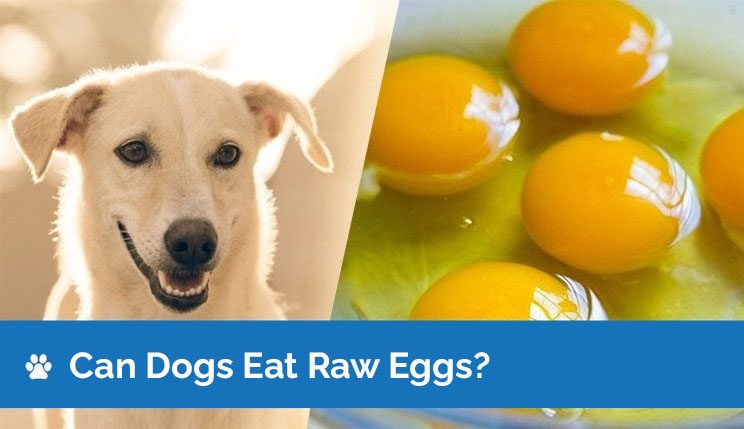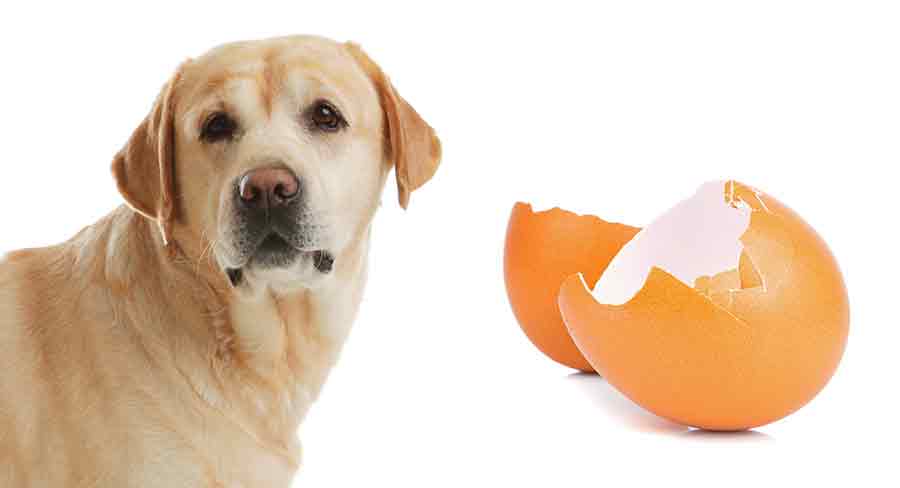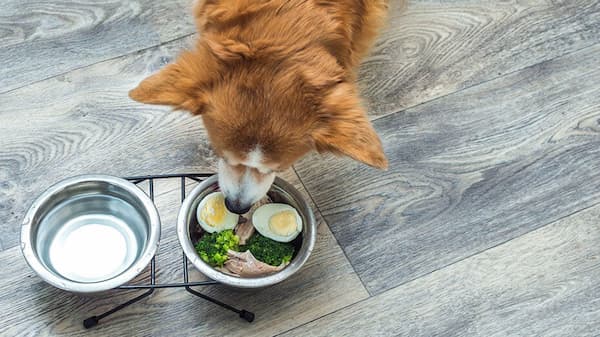Eggs are rich in protein and essential amino acids. We know that eggs are very delicious and nutritious for us humans. Are eggs good for dogs? Eggs are good for people and dogs. They can be a delicious treat or a hearty breakfast, whether they are cooked, boiled, fried or fried. Cooked whole eggs or yolks are good for your dog unless your pet has health problems such as acute pancreatitis or diabetes. Read on. There are some things you should know before you start to feed your dog eggs every day.
Are Eggs Good for Dogs?
The answer is yes, hard-boiled eggs are good for dogs! Because they provide an excellent source of fatty acids, vitamins, minerals and protein.
Basically the whole egg, including the shell, is nutritious for the dog.
In general, eggs are safe for your dog. What’s more, they are healthy. They are high in protein and an excellent complement to dog food.
They’re even good for a dog’s digestive system. Eggs are a great source of:
- Vitamin A
- riboflavin
- folate
- Vitamin B12
- iron
- selenium
- Fatty acids
Can Puppies Eat Eggs?
The answer is yes, boiled eggs are good for dogs! Dogs can eat boiled or scrambled eggs. The main purpose is that eggs need to be cooked. Don’t feed the dog raw eggs.
Can Dogs Eat Raw Eggs?

Don’t feed the dog raw eggs. There is no nutritional value in giving a dog raw eggs.
One of the main risks of raw eggs is potential Salmonella infection. These bacteria can live both on the eggshell and in the egg. This bacterial infection can cause vomiting and diarrhea.
Biotin deficiency is another potential consequence of long-term feeding of raw protein to dogs. Biotin, also known as vitamin B7, plays an important role in maintaining skin health, supporting cell growth and supporting the metabolism of dogs. Raw eggs contain a protein called avidin, which can combine with biotin to reduce the intake of this vitamin by pets. Cooking can inactivate avidin, which is why cooked eggs do not cause biotin deficiency.
For these reasons, it is better to give your dog cooked eggs rather than raw eggs.
Can Dogs Eat Scrambled Eggs?

It is OK to eat scrambled eggs occasionally, as long as you provide pure scrambled eggs without any salt, pepper or butter. This means that you should avoid sharing your breakfast with your pet, because it may contain our favorite seasonings, but it may damage your pet’s health.
Can Dogs Eat Eggshells?

No! The content of some minerals in eggshells is very high, especially calcium, which will make their dietary intake unbalanced. Dogs are often allergic to protein in their food. Because eggs contain protein, dogs may be allergic to eggs.
Your dog has signs of allergic reactions including gastrointestinal (GI) problems such as vomiting and diarrhea. Sometimes they have skin problems, such as itching in their ears, claws and other parts.
Can Dogs Eat Eggs Every Day?
Every day an egg is too much. If you don’t consider the extra calories that eggs add to the dog’s daily food, the extra protein will cause the dog to be overweight. Talk to your veterinarian about how many eggs should be added to your dog’s diet.
Now that you know that boiled eggs can be a good supplement to your dog’s diet plan, you may wonder whether you should eat eggs every day. Although the method of making eggs has many advantages, you should insist on feeding eggs to your furry friends a few days a week.
How Many Eggs Can a Dog Eat in a Day?
Giving your dog an egg every day is all advice.
If you want your dog to eat eggs, add them to a boiled egg. Make sure it does not cause stomach problems such as vomiting or diarrhea. If there is no problem, you can start giving them more eggs.
Eggs should not be the only source of protein your dog gets. If your dog eats too many eggs and protein, you will find that the extra calories will lead to weight gain. You should make eggs your dog’s snack. A typical large egg contains about 60 calories, 6 grams of protein, and 4 milligrams of fat. You can talk to your veterinarian about the correct dosage for them. They will use several factors to determine how many eggs you should feed them. These include:
- size
- Age
- How active are they
- Any existing health problems
How to Feed Eggs to Your Dog
The safest way to feed eggs to a dog is to boil the eggs and then cut them up. It is safest to feed the dog immediately after the egg is cooked.
Eggs should be stored at 40 degrees Fahrenheit when they are raw, and boiled eggs should be cooked at 160 degrees Fahrenheit. If you do not eat them immediately, it is recommended to refrigerate them in a 40 ° f refrigerator until they are ready to eat.
Can Puppies Eat Eggs?
Yes, puppies can eat eggs, but this is not recommended. It is best to feed your puppy a properly balanced, age-specific pet food, which will ensure that they receive the correct nutrition ratio. Puppies may be particularly sensitive to sudden dietary changes, leading to diarrhea and sometimes vomiting. This should be avoided, especially in puppies, as they are more prone to dehydration than adult pets.
Conclusion
Although the answer to the question “can a dog eat eggs” is yes, there are a few things to remember before adding eggs to a dog’s menu. Eggs can be a bit tricky, from how they are cooked to how much and how often they are eaten.





